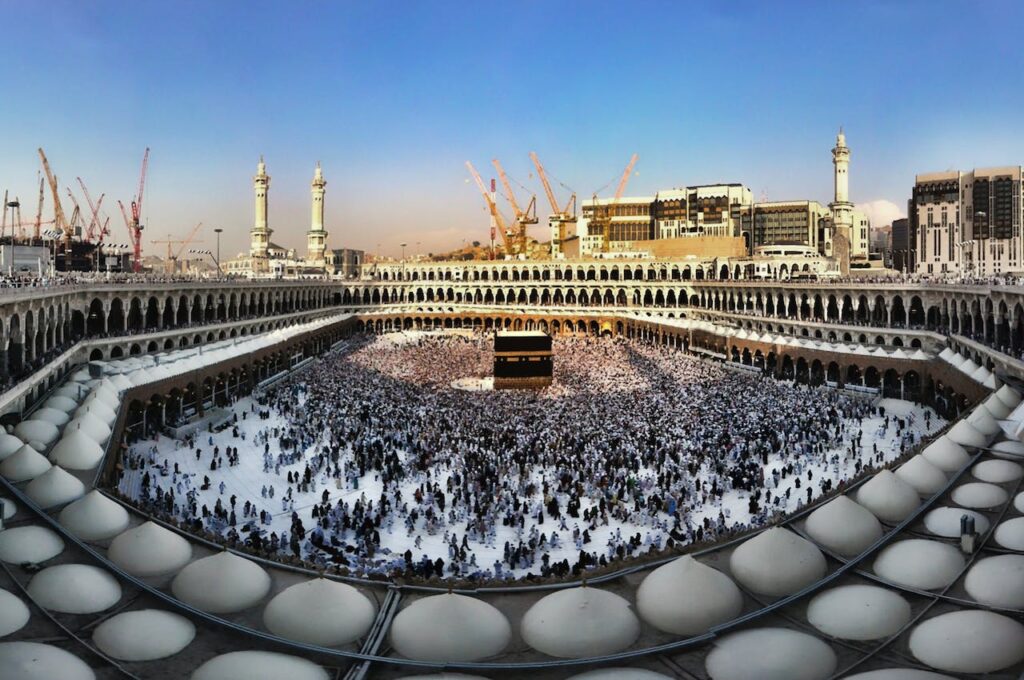Overview of the New Regulations
Starting from June 2, 2024, the Ministry of Interior in Saudi Arabia has set a stringent regulation imposing a fine of SR10,000 on anyone entering Makkah without a valid Hajj permit. This regulation is applicable through the Hajj period, concluding on June 20, 2024. The aim of this measure is to ensure the safety and security of the millions of pilgrims who visit the holy city during this sacred time.
Geographical Scope of the Regulation
The fine applies to all individuals found within the holy city of Makkah, including pivotal areas such as the Central Haram Area, the Holy Sites of Mina, Arafat, and Muzdalifah. Additional checkpoints include the Haramain train station in Rusayfah, various security control centers, Hajj grouping centers, and temporary security control centers set up to facilitate the movement and management of pilgrims.
Implications for Different Groups
This regulation impacts everyone equally – from Saudi citizens to expatriates and international visitors. It is crucial to note that expatriates caught violating this regulation face not only the fine but also deportation and a prohibition from re-entering Saudi Arabia for a duration determined by law.
Repeat Offenses and Severe Penalties
The Ministry of Interior has underlined that penalties will escalate with repeated violations. This includes the doubling of fines, stressing the importance of compliance with Hajj protocols and guidelines.
Transportation Violations and Penalties
Additionally, severe consequences are set for those who assist in transporting unauthorized individuals into the restricted zones. Penalties for such transporters include imprisonment for up to six months and fines up to SR50,000. Confiscation of the vehicle used in the offense is also a potential judicial outcome, alongside the deportation of the transporter if they are an expatriate.
Encouraging Public Vigilance
Authorities encourage the public to contribute to the enforcement of these regulations by reporting violations. Residents can contact authorities via toll-free numbers – 911 in Makkah, Riyadh, and the Eastern Province, and 999 in other regions.
Conclusion
The introduction of these fines and penalties by the Ministry of Interior demonstrates a robust approach to maintaining order and sanctity during the Hajj season. Adherence to these rules is not only a legal obligation but a necessary measure to preserve the spiritual significance and operational integrity of the Hajj pilgrimage. Ensuring that all visitors and pilgrims have unhindered and safe access to religious rites is a priority, and these penalties serve as a deterrent against any disruptions.
As we approach the commencement of these regulations, all potential pilgrims and visitors are urged to secure the necessary permits and adhere strictly to the set guidelines to avoid any inconveniences or legal issues during this holy period.

